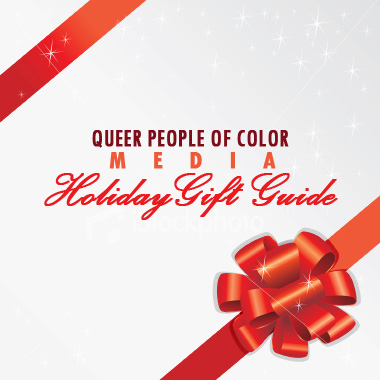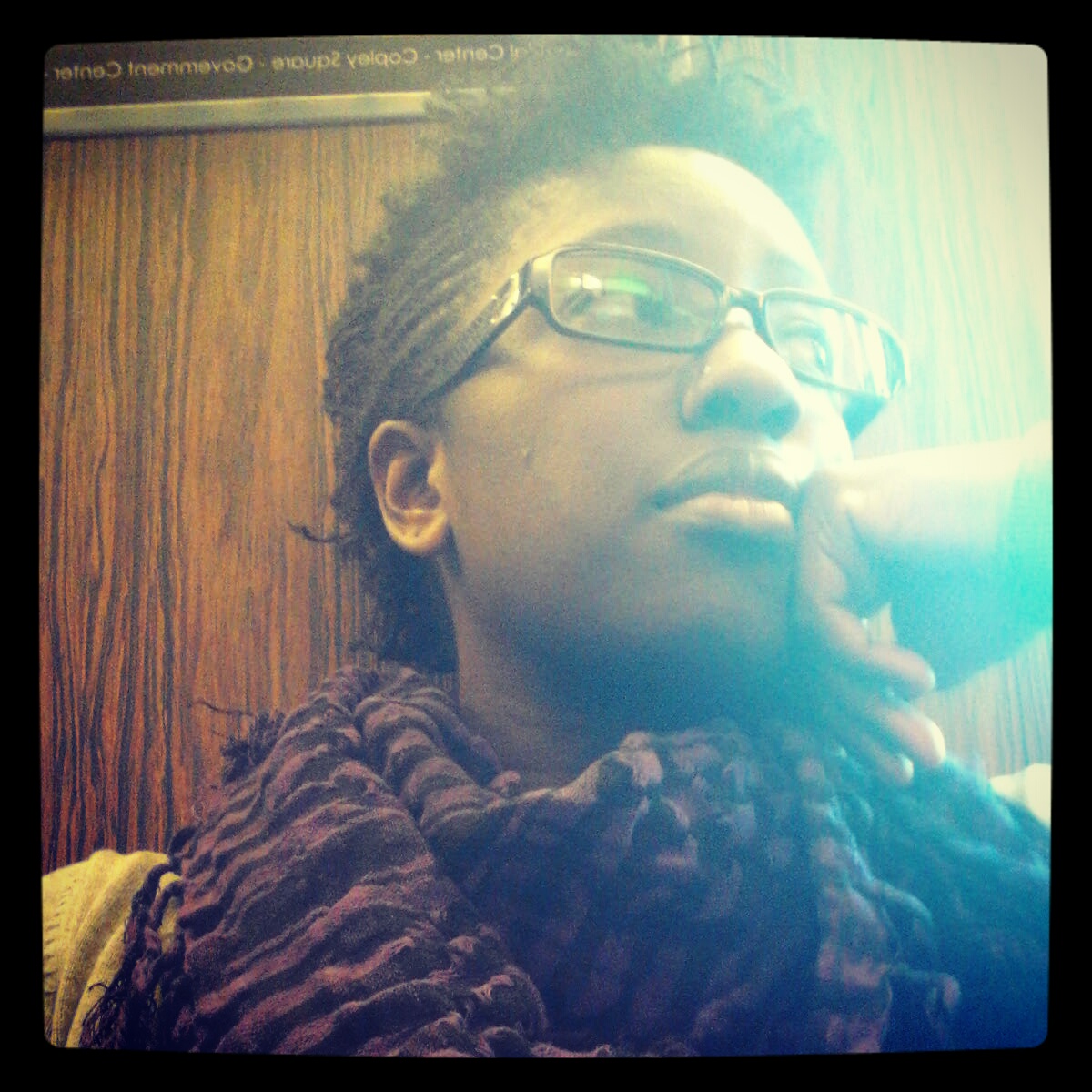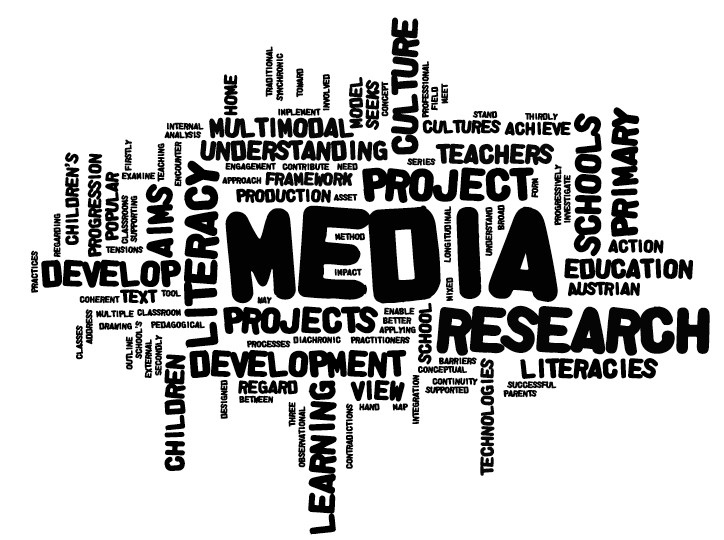Today is Nigeria's Independence Day, but I can't focus on my country's progress. It's challenging to remain optimistic in the face of landlords telling you they won't rent to you because "you're a single woman who could potentially use the apartment for prostitution." Until "Nigeria" addresses its treatment of women…
-
-
Afrofeminism - Blog - Books - Creative Corner - Film - Gender and LGBT Issues - Media - Music - Race, Culture, Ethnicity
10 Books, Films, and Music by Queer People of Color That Would Make Excellent Gifts
As a follow up to my last piece about how media can help facilitate "coming out" or facilitating important conversations about sexuality over the holidays, I've compiled a list 10 of my picks for books, film, and music created by queer people of color that would make excellent gifts! If…
-
Surviving the Holidays as Queer People of Color: Give the Gift of Media
As a group that is routinely judged, shunned, and fighting for acceptance, we as LGBTI (Lesbian, Gay, Bisexual, Transgender, Intersex) people are often pigeon-holed into playing the role of educator to the people that inflict the most pain on us, our friends and family. But it doesn't always have to…
-
On Anti-Bullying Campaigns, LGBT Youth of Color Suicide, and Why I Never Supported Spirit Day
I didn't sign into Facebook that morning. I knew what I'd see; a timeline of status updates and cropped purple photos for Spirit Day; a timely performance of empathy. I knew, too, that my Facebook feed, practically segmented into Lists, including one for "Nigerian", "College" and "Queer" would vary in…
-
Advocacy - Blog - Media - New Media - Philanthropy - Speaker Services - Training and Consulting Services
Social Media for Social Change: 10 Tips from a Queer African Media Activist
I recently published a personal reflection of my accidental, non-linear career trajectory as a writer and a media activist. In addition to my philosophy about using media for change, I wanted to share a few tangible new media tips, tricks, and strategies that have been helpful to me as well.…




